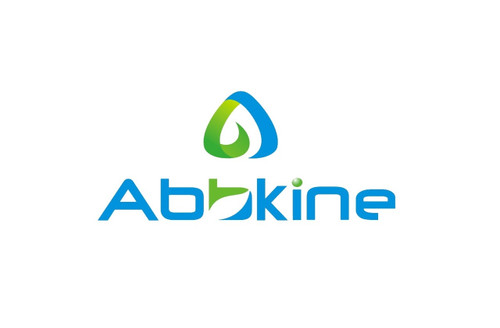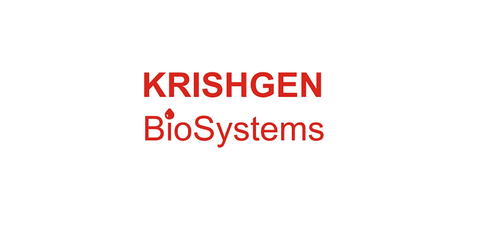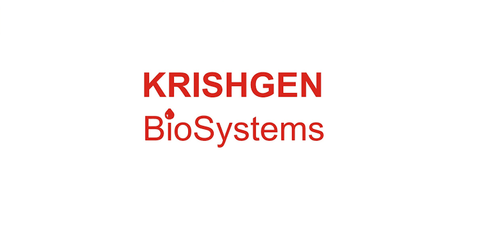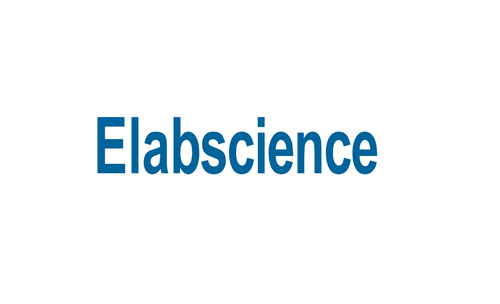Product Description
Human Gamma-glutamylcysteine synthetase (γ-GCS) ELISA Kit | AE62809HU | Abebio
Species Reactivity: Human (Homo sapiens)
Abbreviation: γ-GCS
Alternative Name: glutamate-cysteine ligase; gamma-glutamylcysteine synthetase
Application: ELISA
Range: Request Information
Sensitivity: Request Information
Intra-Assay: ≤5.2%
Inter-Assay: ≤9.6%
Recovery: 1, 05
Sample Type: Serum, Plasma, Other biological fluids
Detection Method: Sandwich
Analysis Method : Quantitive
Test Principale: This assay employs a two-site sandwich ELISA to quantitate γ-GCS in samples. An antibody specific for γ-GCS has been pre-coated onto a microplate. Standards and samples are pipetted into the wells and anyγ-GCS present is bound by the immobilized antibody. After removing any unbound substances, a biotin-conjugated antibody specific for γ-GCS is added to the wells. After washing, Streptavidin conjugated Horseradish Peroxidase (HRP) is added to the wells. Following a wash to remove any unbound avidin-enzyme reagent, a substrate solution is added to the wells and color develops in proportion to the amount of γ-GCS bound in the initial step. The color development is stopped and the intensity of the color is measured.
Product Overview: Glutamate-cysteine ligase, also known as gamma-glutamylcysteine synthetase, is the first rate limiting enzyme of glutathione synthesis. The enzyme consists of two subunits, a heavy catalytic subunit and a light regulatory subunit. Gamma glutamylcysteine synthetase deficiency has been implicated in some forms of hemolytic anemia.It catalyses the ATP-dependent condensation of cysteine and glutamate to form the dipeptide gamma-glutamylcysteine. The peptide bond in this peptide product is between the carboxylate group of the glutamate and the amino group of the cysteine.The product of the GCL-mediated condensation reaction of L-glutamate and L-cysteine is gamma-glutamylcysteine, which is readily condensed with glycine, by glutathione synthetase, to form glutathione.
Stability: The stability of ELISA kit is determined by the loss rate of activity. The loss rate of this kit is less than 5% within the expiration date under appropriate storage condition. The loss rate was determined by accelerated thermal degradation test. Keep the kit at 37°C for 4 and 7 days, and compare O.D.values of the kit kept at 37°C with that of at recommended temperature. (referring from China Biological Products Standard, which was calculated by the Arrhenius equation. For ELISA kit, 4 days storage at 37°C can be considered as 6 months at 2 - 8°C, which means 7 days at 37°C equaling 12 months at 2 - 8°C) .
 Euro
Euro
 USD
USD
 British Pound
British Pound
 NULL
NULL












